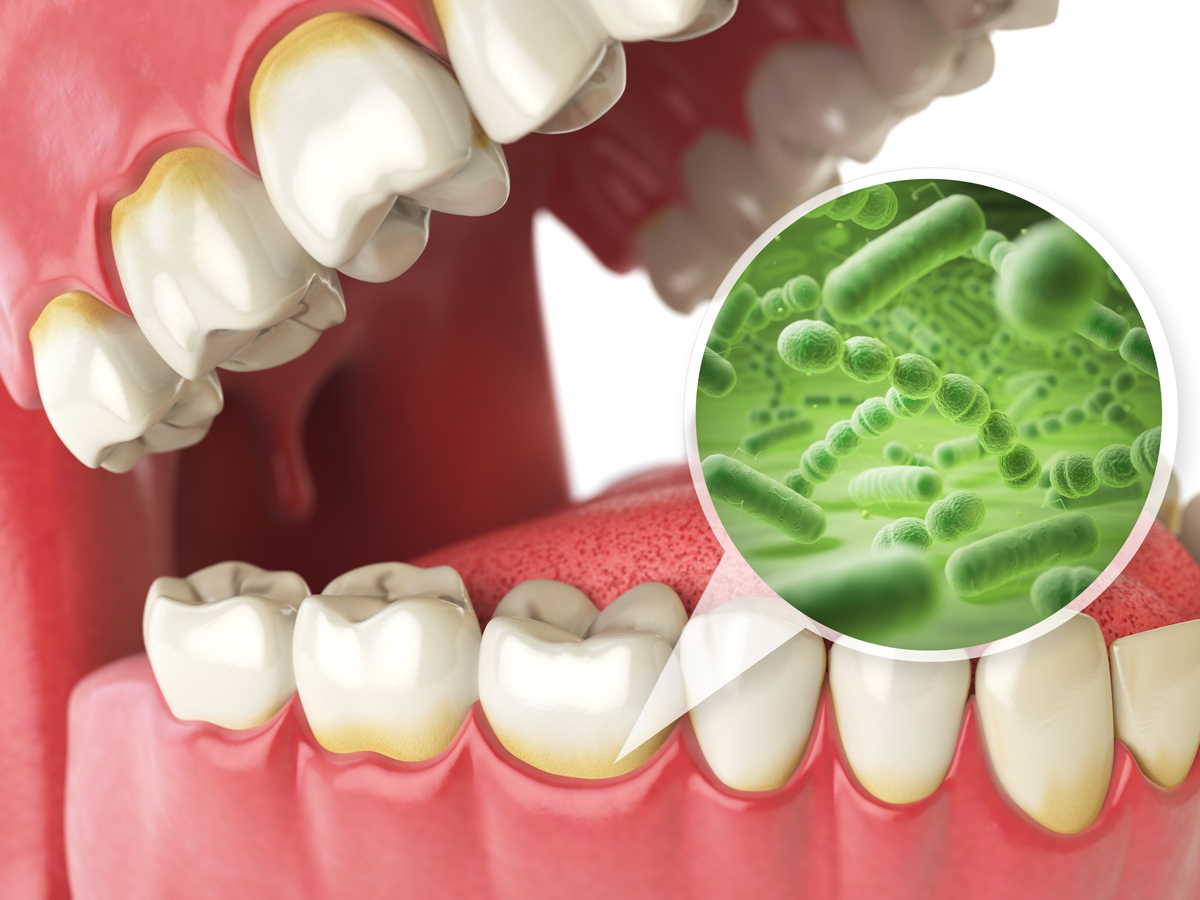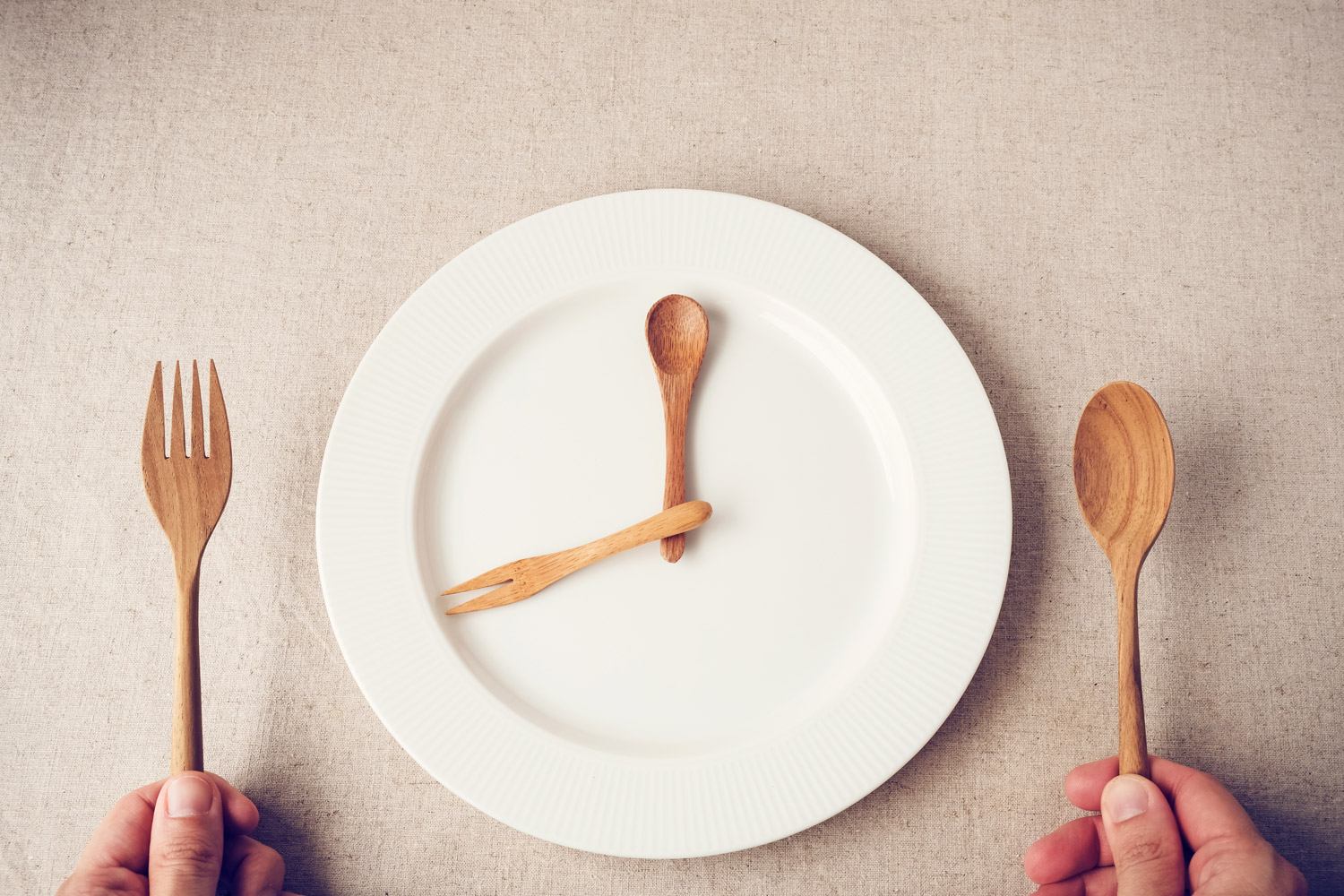In last month’s magazine, in Gut Matters I looked generally at the gut and the friendly bacteria that reside within us. This month I want to focus on the issue that concerns so many of us – our moods and sleep. In the last couple of years there has been a paradigm shift in neuroscience as researchers have begun to understand the influence of our gut microbiome, the colony of bacteria that lives symbiotically within us, on every aspect of our emotional behaviour. Interest in this connection between the microbiome and the brain has exploded in the scientific world.
We have known for a little longer that psychological and physical stressors can affect both the composition and functional activity of our gut microbiome. Now more is understood about the bidirectional communication system between the central nervous system and the gut. In other words, your gut changes your emotional state and other related brain systems, and your brain changes your gut. Most of us have experienced butterflies in our stomach in response to stress, or even diarrhoea from performance anxiety. Our feelings, moods, and cognitive sharpness, are dictated as much by our microbiome as by what we think of as our brain. This gives us a window of opportunity for change. Keeping a highly diverse colony of species within, and an intact functional gut lining, mirroring our blood brain barrier, is essential for our mental well being.
We now know that the majority of neurotransmitters are made in the gut, and even the neurotransmitters made directly in the brain are a response to signalling from the gut. Gut microbes generate serotonin, dopamine, and GABA which promote our emotional health, calm, focus, drive, and good quality sleep. Eighty per cent of melatonin, which optimises sleep, is made in the gut. So if we are not sleeping well but cannot identify any particular stressors, it is worth thinking about what we eat.
In practice, common complaints are of sleep difficulties, anxiety, depression, and physical tension. Serotonin is the most generally well known neurotransmitter, regulating our moods and sleep, and 95% of our serotonin is made in the gut. Too little and we suffer loss of healthy functioning, and often compensate by eating carbs, or medicating with alcohol. If we eat the wrong, pro-inflammatory foods we can play havoc with our gut flora. An inflamed gut creates an increased stress response, increasing cortisol (our stress hormone) levels. Inflammation will shunt the precursor to serotonin, tryptophan, to other anxiety provoking chemicals like quinolinate rather than serotonin and melotonin, guaranteeing mood issues and sleep disturbance. Sleep is not simply a case of the brain switching off. Rather, during sleep, the brain moves though a structured sequence of activities, essential for every aspect of our being.
So what can we do to help ourselves? We can eat a high vegetable diet to help keep a diverse microbiome. We can keep stimulants like caffeine and alcohol low. Artificial sweeteners in low calorie drinks are highly destructive of our microbiome. We can supplement our healthy diet with probiotics and fermented food and drinks like yoghurt, kefir, sauerkraut, and kimchi. Probiotics can lower cortisol levels. We can make sure to move as much as possible, even if we don’t take structured exercise. And we can make sure that we always eat some healthy sources of carbohydrate with our evening meal. Why? Because serotonin is made from tryptophan, with other co-factors.
Tryptophan in protein foods is not particularly abundant compared to other amino acids, and not particularly able to cross the blood brain barrier. However, if we eat carbs with protein our body produces insulin, which will shunt other amino acids (not tryptophan), to the muscles, and allows tryptophan into the brain. However too much insulin depletes serotonin, so as always, balance is important. And of course, we focus on good carbs from vegetables, pulses, and non gluten grains.
For fine tuning your diet, we can test your microbiome and also the balance of your neurotransmitters. By our food choices, we can support our mental health and wellness, and literally help to eat ourselves happy.



This Post Has 0 Comments